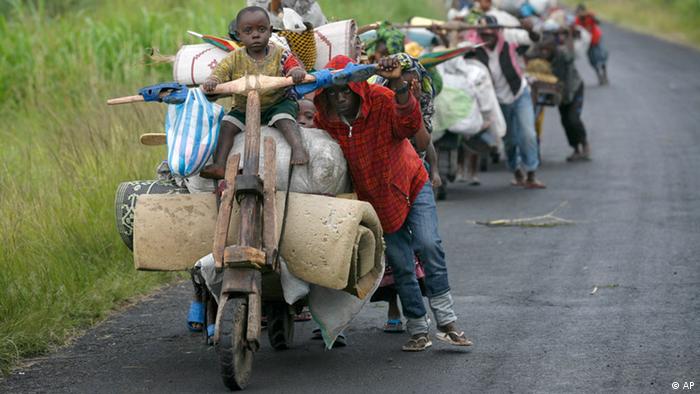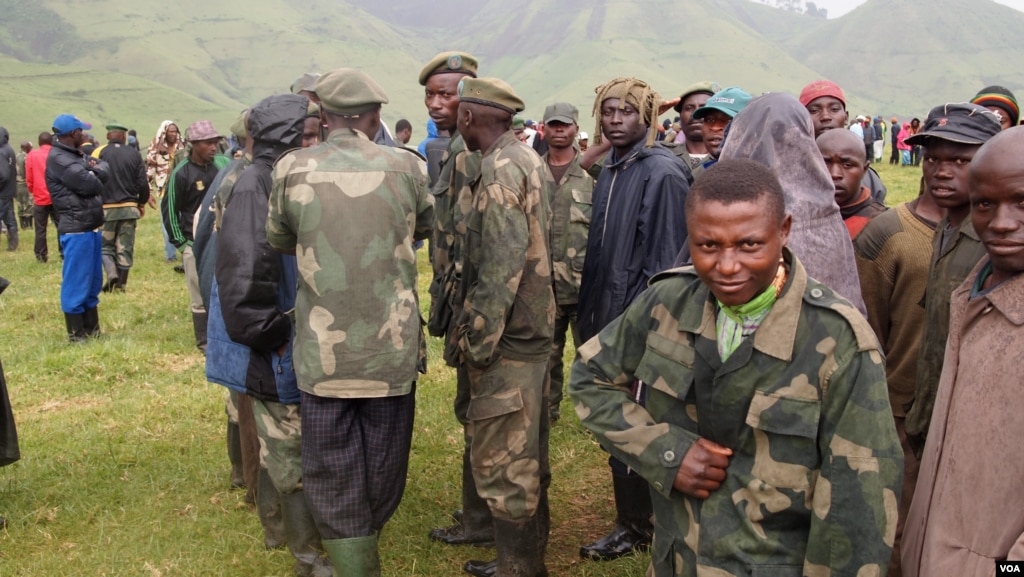By Heba Girgis
Impunity Watch Reporter, Africa
KINSHASA, Democratic Republic of the Congo—Over 100,000 refugees have fled the Democratic Republic of the Congo after a rebel takeover. The United Nations has now issued an urgent appeal to the rebels in order to get access to wounded civilians in the conflict and to the refugee camps.

A spokesperson for the rebel group, known as M23 group, said that its success operation in taking the city of Goma a few days ago is just the beginning of its efforts to take control of the country. Lt. Col. Vianney Kazarama said, “We will push on to Bukavu, then Kisangani and finally Kinshasa and overthrow the government.” Kazarama also noted that once the rebels have completely overthrown the government, they will begin the call for elections.
In the past week, the M23 rebel group has pushed its hold over the region close to the Rwanda border in order to take over the provincial capital of Goma and overthrow other government forces in other regions. Now, the rebels are reported to be moving towards the cities of Masisi and the major city Bukavi as noted by Kazarama.
The United Nations estimated about 6,700 troops backing up the government forces under a Security Council mandate to protect civilians. United Nations officials mentioned that there have been reports that many civilians face targeted killings and abductions by the rebel group. The group has vowed to oust the current government of President Joseph Kabila. Kabila has been accused of breaking a peace deal from a previous conflict in the country.
This group takes its name from a peace treaty with the government dated March 23, 2009. It was from this treaty that the group became a political party in exchange for the release of other imprisoned rebels. The leader of the group, Bosco Ntaganda, is currently wanted for war crimes by the International Criminal Court.
The advance of this group through the country has not only caused many deaths but has displaced tens of thousands of civilians. The movement has raised fears that a wider conflict may again erupt in this region. The government leaders made a statement to the rebels calling on them to “stop all war activities” and to “stop talk of overthrowing an elected government.”
For further information, please see:
Al-Jazeera – Rebels Reject DR Congo Peace Plan – 24 November 2012
BBC News – DR Congo Conflict: M23 Group Urged to Stop War – 24 November 2012
DW – Thousands Flee DR Congo in the Wake of Rebel Violence – 24 November 2012
CNN News – Rebels Threaten Wider Democratic Republic of the Congo Conflict – 21 November 2012


